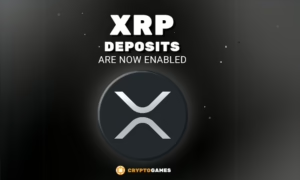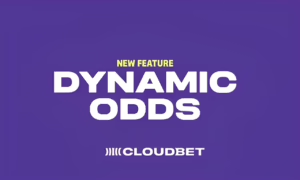Malta: The Blockchain Island?
It seems the whole “blockchain inside” concept is really catching on. The prime minister of Malta now declared that his country became a Blockchain Island, but what oes that really mean?

The annual General Assembly session at the UN is probably one of the most useless gatherings of international leaders. One by one they come onto the stage, seeking praise from allies while they find the most creative ways to hurl accusations at their foes. Within this theater of the absurd, there are a few opportunities for average crypto-Joes like us to engage in some constructive criticism of the world’s ruling elites. This year, it seems that Joseph Muscat, the prime minister of Malta, provided the fodder. Mr. Muscat highlighted his government’s regulatory framework for cryptocurrencies during his speech. He asserted that this regulatory framework turns Malta into the Blockchain Island, which is a bit of a stretch.
Orphaned Blocks are the Only Blockchain Islands!
Labelling Malta as the Blockchain Island, prime minister Muscat was attempting to make a sales pitch – something that is not unusual at the UNGA annual session. The problem with the pitch is that it refers to a specific brand of blockchain regulation that the government of Malta wants people to buy into. For many within the industry – certainly for the purists – regulation is anathema to blockchain, because blockchains rely on a consensus mechanism that replaces government intervention. For these industry experts and enthusiasts, the term Blockchain Island might serve to describe an orphaned block better than a nation’s stance on Bitcoin or blockchain technology.
https://www.youtube.com/watch?v=_wp81M_flfc
Focusing on the Wider Message
Even if the prime minister of Malta believes that blockchain technology needs to be regulated, while people in the industry have good reasons to resist regulation, his wider message is definitely welcome. Mr. Muscat asserted that cryptocurrencies make money more transparent and blockchain can do the same for other sectors, such as medical information, emissions trading systems, humanitarian aid monitoring and people’s personal IDs. On that front it would be easier to find common ground with those who oppose government intervention in blockchain affairs.
Bitcoin Doesn’t Care
As far as the most successful application of blockchain technology – Bitcoin – is concerned, governments can try their best at regulating blockchain technology. They can even try to coopt it or use its name to advance their own interests, Bitcoin doesn’t care. The government of Malta, or the Blockchain Island, cannot subdue it. Bitcoin will remain an alternative to government excess and it is likely to be the most successful application of blockchain technology that we will ever have, precisely because it will remain independent from legacy systems that have proven to be deeply flawed. It is important to keep in mind that blockchain technology serves a purpose when it comes to truly decentralized networks, and that governments can erode it if they start using it for their own purposes.









